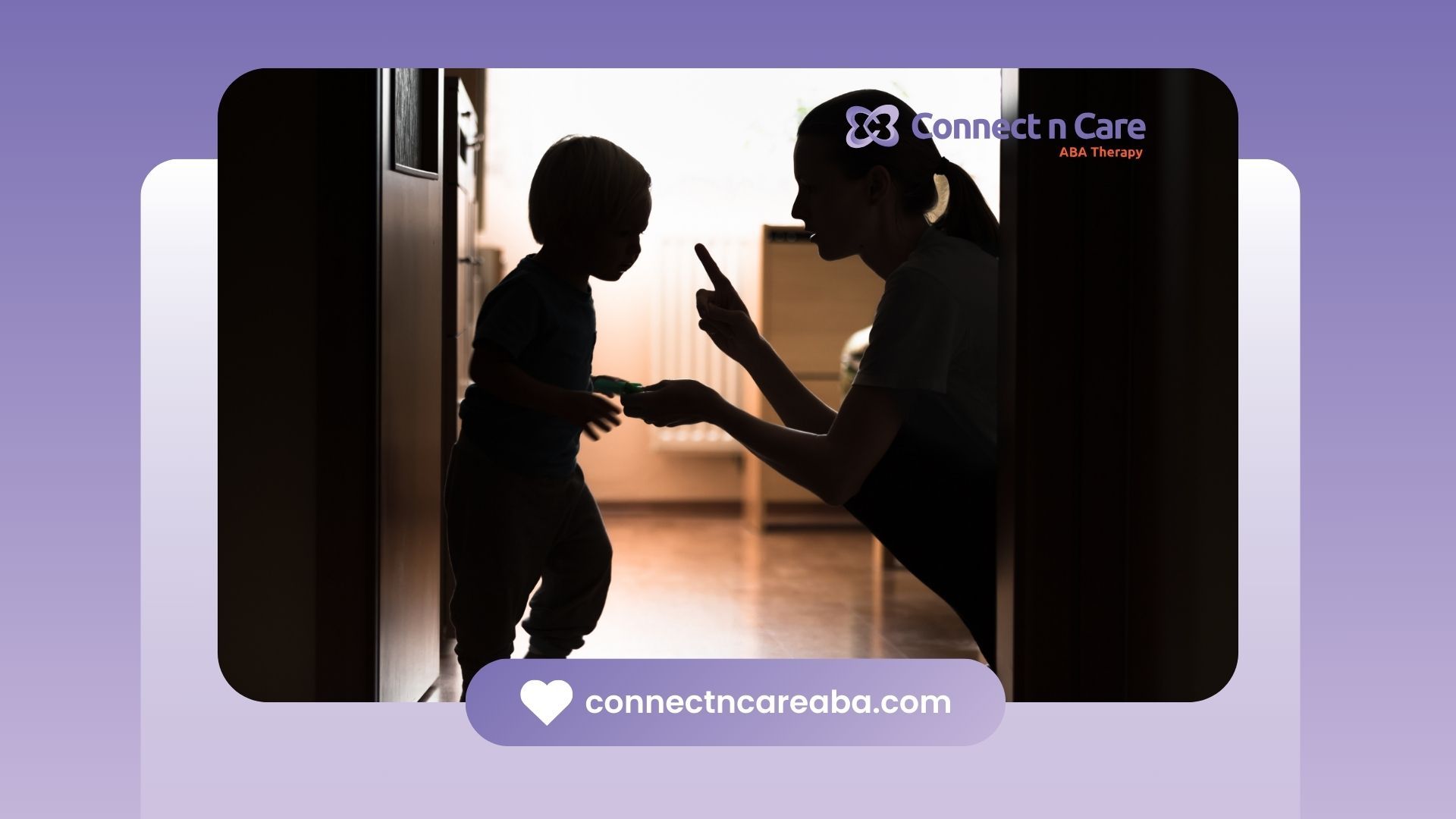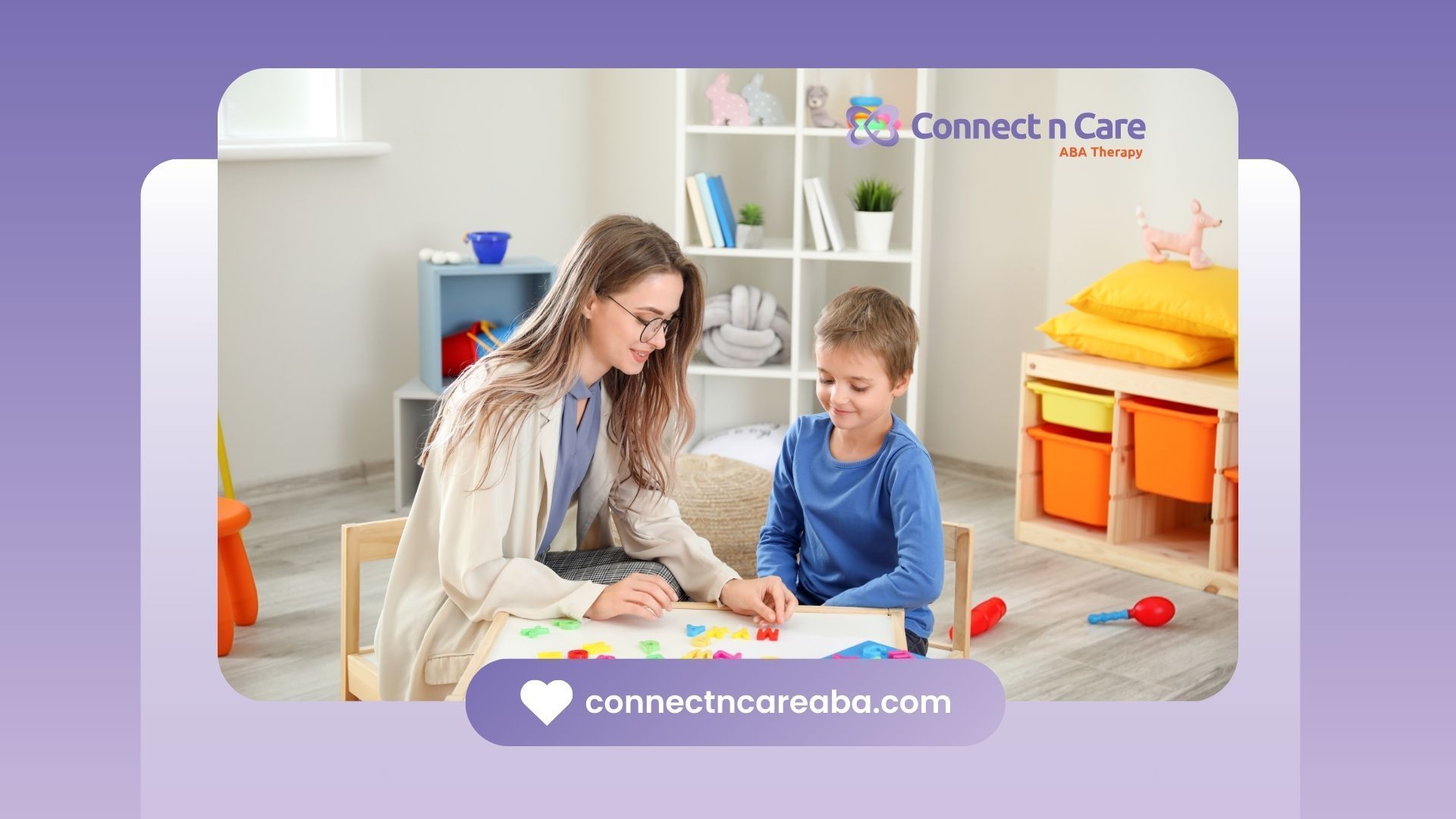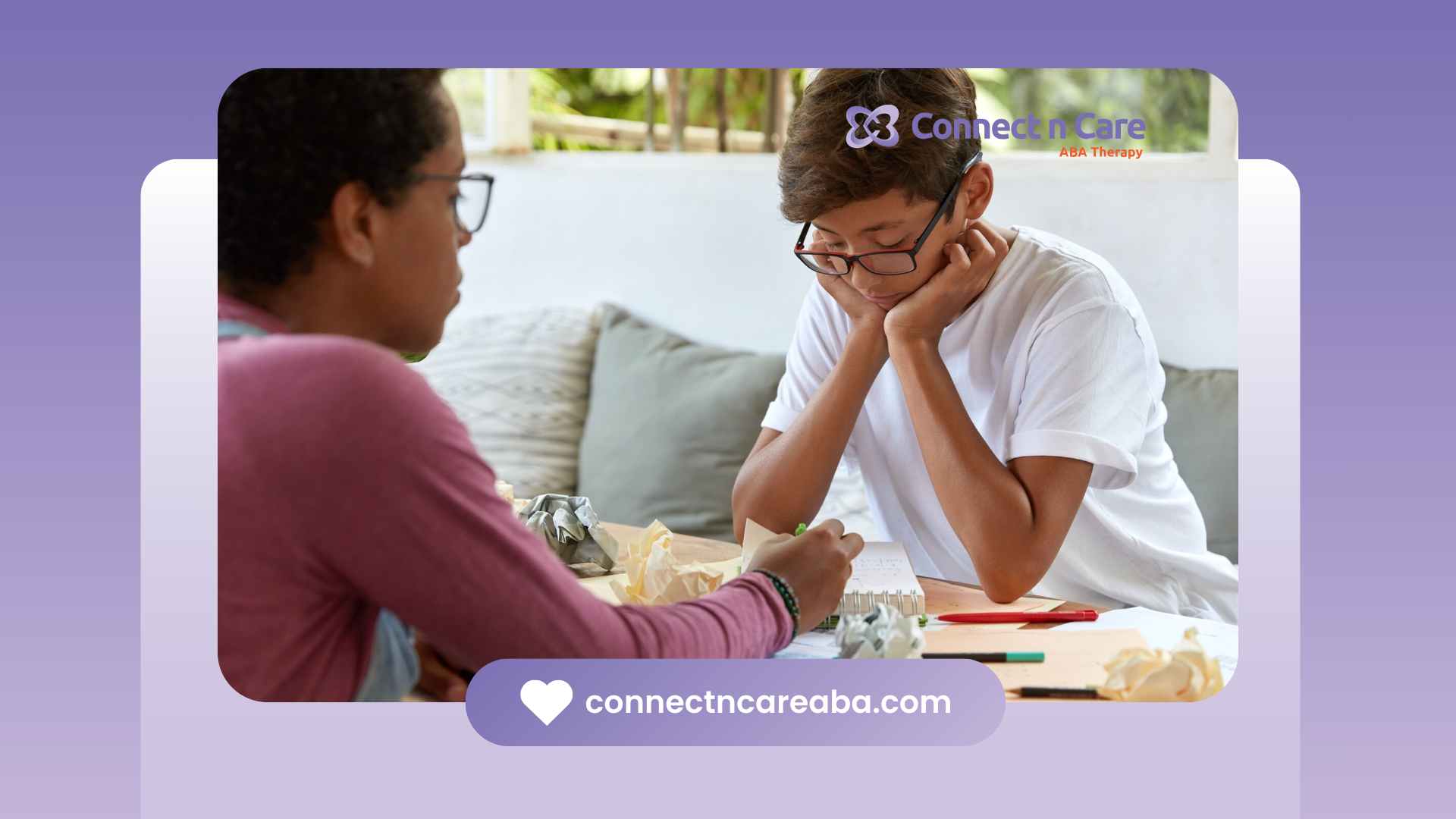In recent years, autism has gained more visibility in mainstream media—and one show that stands out is Netflix's Love on the Spectrum. This heartwarming and eye-opening docuseries follows young adults on the autism spectrum as they navigate the complex world of dating and relationships.
But beyond the touching stories and charming cast, Love on the Spectrum opens up a bigger conversation: what does love look like when you process the world differently? How can society better support neurodivergent individuals in forming meaningful romantic connections?
In this post, we’ll explore:
- What Love on the Spectrum is all about
- How the show represents autism
- The challenges and strengths of dating on the spectrum
- Reactions from the autism community
- What parents, caregivers, and professionals can learn from the series
Let’s dive into why Love on the Spectrum is more than just reality TV—it’s a movement for understanding, acceptance, and love.
What Is Netflix's Love on the Spectrum?
Love on the Spectrum is a reality-style docuseries that originally premiered in Australia before expanding to a U.S. version on Netflix. The show follows young autistic adults—each with unique personalities, challenges, and dreams—as they search for romantic relationships. Some are entering the dating world for the first time, while others are working on building and maintaining relationships.
Unlike many mainstream dating shows that thrive on drama, Love on the Spectrum stands out for its:
- Gentle, respectful tone
- Authentic representation of neurodiversity
- Educational value for viewers unfamiliar with autism
Each episode features interviews with the cast, dates with potential partners, coaching sessions with relationship experts, and insight into the challenges and joys of connecting with others.
Why It Matters
Dating is a deeply human experience. Yet, autistic individuals are often left out of conversations about romance and relationships. Love on the Spectrum gives them center stage—and it does so with compassion, humor, and honesty.
The series reminds viewers that:
- Autistic individuals want love and connection like anyone else.
- They may need different support or communication strategies in dating.
- Autism doesn’t define someone’s capacity for love—it simply shapes how they experience and express it.
Representation matters, and this series opens doors for empathy, inclusion, and dialogue.
How the Show Portrays Autism
One of the strengths of Love on the Spectrum is its diverse cast. There’s no one-size-fits-all version of autism—and the show makes that clear.
The cast includes individuals who are:
- Verbally expressive and conversational
- More reserved and socially anxious
- New to dating and relationships
- Focused on finding long-term companionship
By including a wide range of experiences, the show challenges common stereotypes. It highlights that autistic people:
- Experience emotional depth
- Can be highly empathetic and thoughtful
- Often have strong values around honesty and loyalty
- May approach social interaction with unique perspectives
These representations are vital in a world where autistic people are often misunderstood or underestimated.
Dating on the Spectrum: Challenges and Strengths
Romantic relationships come with challenges for anyone—but for individuals on the autism spectrum, there can be additional hurdles, such as:
Social Communication Differences
Reading social cues, understanding sarcasm, or picking up on subtle emotional shifts may be more difficult. This can lead to misunderstandings in dating.
Sensory Sensitivities
Sensory sensitivities from busy restaurants, loud music, or touch can be overwhelming or uncomfortable for some autistic individuals, affecting the types of dates they enjoy.
Anxiety and Overthinking
Many cast members on Love on the Spectrum expressed concerns about saying the wrong thing, being judged, or not knowing what’s expected during a date.
Desire for Routine
Dating often involves unpredictability, which can be unsettling for individuals who prefer structured environments or consistent routines.
Literal Interpretation
Flirting, humor, or vague language may not be easily interpreted by someone who thinks more literally.
But there are also unique strengths that many autistic individuals bring to relationships:
- Sincerity: Many are deeply honest and upfront, which can be refreshing in a dating culture filled with games and mixed signals.
- Loyalty: When they commit, they often do so with strong devotion and care.
- Unique interests: Sharing a passion—like trains, anime, or chess—can become a beautiful part of a relationship.
- Emotional vulnerability: Despite popular myths, many autistic individuals are highly sensitive and emotionally aware in their own ways.
Coaching and Support in the Series
One of the standout aspects of Love on the Spectrum is its inclusion of dating coaches and relationship experts. These professionals help the cast practice social skills, prepare for dates, and reflect on their experiences.
They offer guidance on:
- Making small talk
- Understanding body language
- Expressing feelings clearly
- Handling rejection and disappointment
This reflects real-world needs: autistic individuals often benefit from explicit teaching and modeling of social interactions. It's not about changing who they are—it’s about giving them tools to succeed.
What Viewers Learn from Love on the Spectrum
Whether you’re part of the autism community or not, the show offers valuable lessons:
1. Love Has Many Forms
Not every relationship fits into a neurotypical mold. The show celebrates all kinds of love—from friendship and platonic connection to romantic interest and long-term partnerships.
2. Patience and Communication Are Key
Effective communication looks different for everyone. For some, a direct, logical style works best. For others, emotional cues and tone are more important. Love on the Spectrum highlights how people can bridge these differences with patience and kindness.
3. Inclusion Is Powerful
When autistic individuals are given space, support, and understanding, they thrive. The show is a reminder of how inclusive environments can empower people to live fulfilling lives.
Criticisms and Considerations
While Love on the Spectrum has received mostly positive feedback, some critiques have emerged:
Framing and Editing
Some viewers felt the editing occasionally emphasized awkwardness or portrayed individuals as overly naive. Others questioned whether the tone occasionally veered into infantilization.
Lack of Representation
While the cast is diverse in personality, critics noted a lack of representation across racial backgrounds, gender identities, and autistic individuals with higher support needs.
Consent and Comfort
Some autism advocates raised concerns about how much agency the participants had in editing or how they were portrayed. Consent and respect are essential in any representation.
Despite these criticisms, the show is widely praised for doing far more good than harm—and for starting conversations that are long overdue.
How Parents and Caregivers Can Use the Show as a Tool
Love on the Spectrum isn’t just entertainment—it can also be a helpful resource for:
- Starting conversations about relationships, emotions, and social situations
- Modeling behavior in a visual, accessible way
- Reducing fear or stigma around dating for autistic teens and young adults
- Opening discussions about consent, attraction, and communication
Watching the show together can provide a natural way to explore these topics in a safe, supportive environment.
Final Thoughts
Netflix's Love on the Spectrum is more than a TV show—it's a celebration of love in all its forms and a tribute to the beauty of neurodiversity. By giving voice to autistic individuals and their journeys toward connection, the series helps dismantle harmful myths and opens minds and hearts.
For families, educators, and professionals supporting individuals with autism, the show provides insight, inspiration, and encouragement. It reminds us that love is not one-size-fits-all—and that everyone, regardless of neurotype, deserves the chance to experience meaningful relationships.
At Connect n Care, we believe in supporting every aspect of a child’s development—including their ability to form meaningful connections. Through personalized ABA therapy and compassionate support, we help children on the spectrum grow in confidence, communication, and self-awareness—preparing them for a future filled with connection, independence, and joy.
Frequently Asked Questions
Is Love on the Spectrum a realistic portrayal of autism?
While no show can capture the full range of autism experiences, Love on the Spectrum does a good job highlighting authentic voices. However, it’s important to remember that each autistic person is unique and not every experience will reflect your own or your child’s.
Can autistic people date and have relationships?
Absolutely. Many autistic individuals date, form romantic partnerships, and get married. With the right support and understanding, they can enjoy fulfilling relationships like anyone else.
How can I help my autistic child with relationships in the future?
Start with open conversations about emotions, communication, and consent. Encourage social opportunities and seek support from professionals, such as ABA therapists or social skills groups, to build confidence and real-world relationship skills.
Sources:
- https://pmc.ncbi.nlm.nih.gov/articles/PMC10576905/
- https://autismlearningpartners.com/debunking-8-autism-stereotypes/
- https://www.autism.org.uk/advice-and-guidance/topics/behaviour/dealing-with-change/all-audiences
- https://pubmed.ncbi.nlm.nih.gov/2592470/









